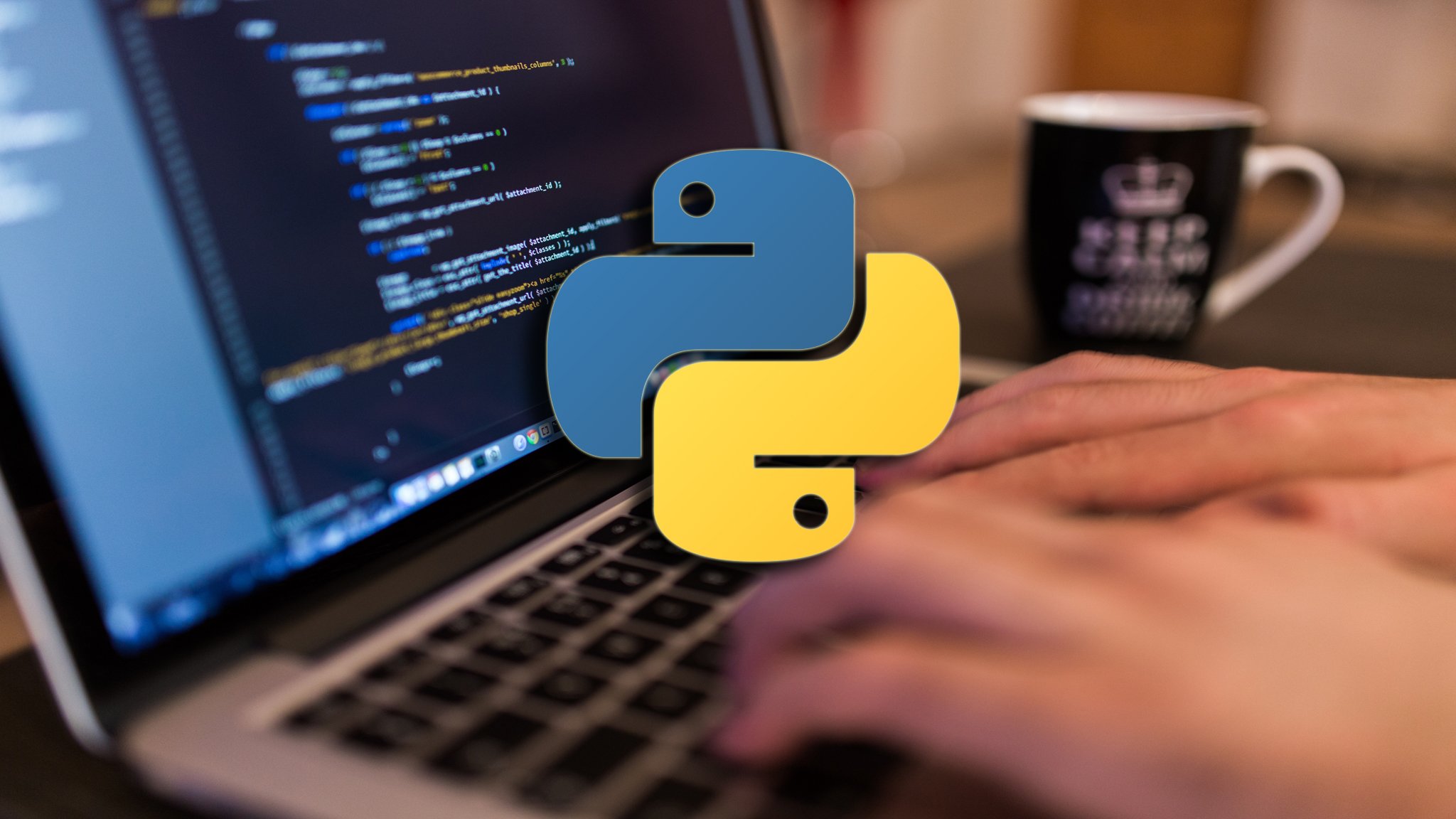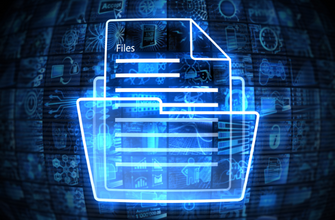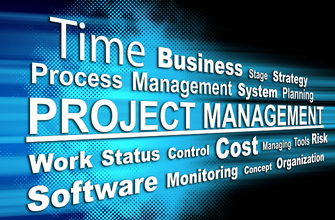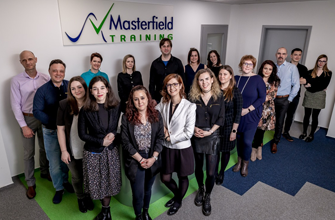223 500 HUF + VAT (590 EUR + VAT)
Python Programming Basics Course - Dates and application
First training day: 6 October 2025, Further training days: 7., 8.
223 500 HUF + VAT (590 EUR + VAT)
First training day: 10 November 2025, Further training days: 11., 12.
223 500 HUF + VAT (590 EUR + VAT)
First training day: 15 December 2025, Further training days: 16., 17.
223 500 HUF + VAT (590 EUR + VAT)
Applying for closed-group training
Application without a date
Get started with Python, one of the most versatile and widely used programming languages today! This course covers the fundamental concepts of programming and Python’s unique features. You'll learn essential syntax, data structures, and control flow, along with error handling and object-oriented programming. The training also introduces database handling, GUI development, key Python libraries, and the basics of web development using Flask.
By the end of the course, you'll be able to write clean, efficient Python code, automate tasks, manage data, and build simple applications. Perfect for beginners looking to enter the world of programming!
This course is ideal for anyone with a basic programming background who want to learn Python. It is especially useful for professionals working in IT, data analysis, finance, engineering, or any field where automation and scripting can improve efficiency. Those with a programming background in other languages can quickly adapt to Python’s syntax and capabilities.
- High-level computer skills
- Basic programming skills
- Participation in the course does not require existing Python programming knowledge
If you do not have any programming knowledge, we recommend our Programming Basics course (MFEPROG1) as a first step.
Python is one of today's most dynamic and popular programming languages. It is a general-purpose, multi-OS, high-level and easy-to-learn language that allows you to implement tasks very quickly and efficiently. Its popularity is due to the fact that, in addition to user interfaces, web applications and other common purposes, it gives us a unique set of tools in the fields of data analysis, data mining, modelling, mathematical computation, machine learning and artificial intelligence.
This course is designed to introduce you to Python programming basics if you already have programming skills! If you do not have programming skills yet, we recommend our Programming Basics course (MFEPROG1) as a first step.

Course Outline:
1. BASIC PROGRAMMING CONCEPTS
1.1. Types of programming languages
1.2. Code types
1.3. Compiling, interpretation
1.4. Development process and concepts
2. LANGUAGE BASICS
2.1. Features of the Python language
2.2. The principles of the language and the "Zen of Python"
2.3. Installation
2.4. Brief introduction to online and offline development tools (Powershell, Idle, Jupyter Notebook, PyCharm)
2.6. Coding conventions
2.7. Basic syntax of Python
2.8. Interactive mode in Python
3. TYPES AND STRUCTURES IN PYTHON
3.1. Numeric types
3.2. Boolean type
3.3. Python strings
3.4. Operators in the language
3.4.1. Arithmetic
3.4.2. Logic
3.4.3. Assignment
3.5. Python-specific structures
3.5.1. Lists, list comprehension
3.5.2. Dictionaries
3.5.3. Tuples
3.5.4. Sets
3.5.5. Ranges
3.6. Control structures
3.6.1. Branches
3.6.2. Loops
3.7. Functions
3.8. Generators
3.9. Decorators
3.10. Regular expressions in the language
3.11. Python modules
4. HANDLING EXCEPTIONS
4.1. Try, except, else, finally structures
4.2. Built-in exceptions in Python
4.3. User-defined exceptions
5. BASICS OF OBJECT-ORIENTED PYTHON PROGRAMMING
5.1. Classes
5.2. Properties
5.3. Methods
5.4. Init method
5.5. Inheritance
5.6. Implementing "toString" in Python
5.7. Operations with objects
6. BASICS OF DATA MANAGEMENT IN PYTHON
6.1. Creating database connections
6.2. SQL statements to the database
6.3. Using the cursor
6.4. Processing of DB result
7. PYTHON GUI
7.1. Basics of kivy and tkinter library
7.2. Label, inputs
7.3. Layout
7.4. Widgets
7.5. Events
8. PYTHON LIBRARIES
8.1. Processing strings, functions
8.2. Managing files
8.3. Basics of Image Processing (Pillow)
8.4. Complex numbers, ordinary fractions
9. INTRODUCTION TO WEB DEVELOPEMENT WITH PYTHON
9.1. Introduction of Flask microframework
9.2. Flask templates
9.3. Sending emails from Python
Trainers
Do you have any questions about the training?




























Az oktató nagyon életszerűen oktatott. Nagyon színvonalas volt!
Kovács János